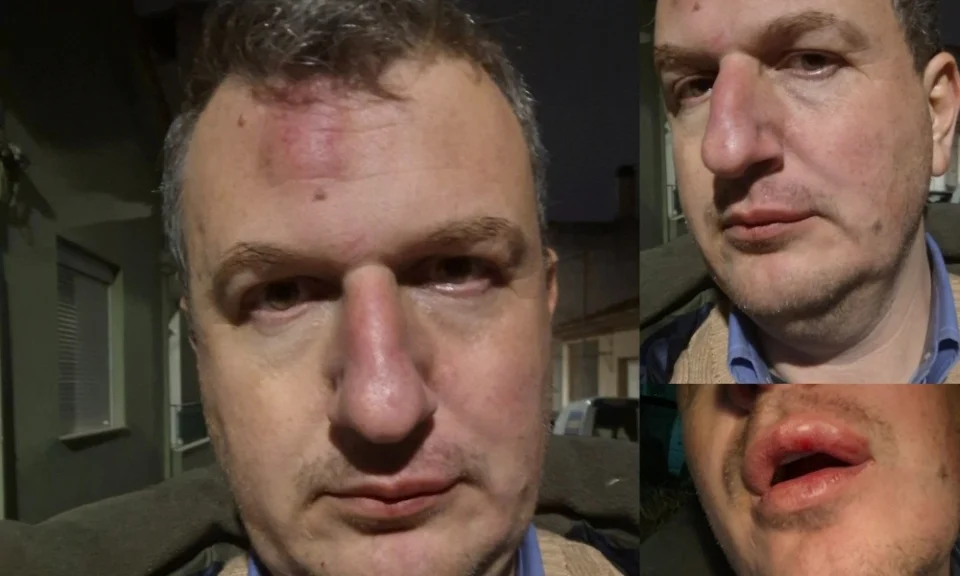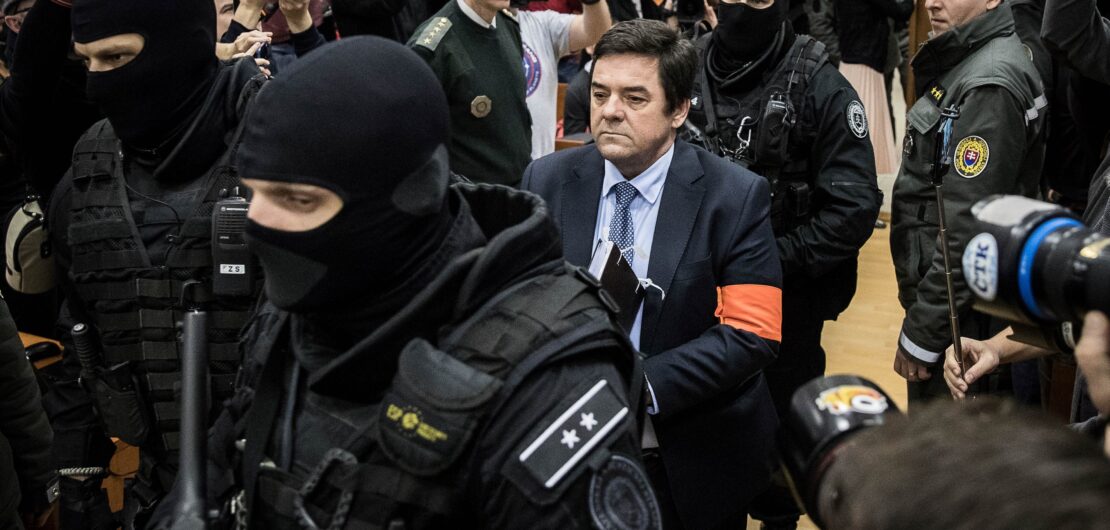
Gaza War Becomes Deadliest Conflict for Journalists in Decades, with Dozens Targeted and Killed
June 25, 2024
Indonesian Journalist and Family Killed in Apparent Arson Press Freedom Advocates Demand Justice
July 6, 2024July 03, 2024 – Russia –
Moscow military court delivered a 14‑year prison sentence, in absentia, to renowned Ukrainian journalist and YouTuber Dmytro (Dmitry) Gordon. The court convicted him under multiple charges, including “public calls for terrorism,” inciting hatred, spreading “fakes” about the Russian military, and advocating violence against Russian leaders. Despite his distance from Russian territory, prosecutors accused Gordon of using his popular platforms to encourage violence against President Putin and Belarusian President Lukashenko and even calling for a nuclear war against Russia .
Gordon is a high-profile figure in Ukraine, with millions of subscribers on his YouTube channels and a long journalistic career—including hosting the political talk show “Visiting Dmytro Gordon.” Following Russia’s invasion of Ukraine, he launched an investigative initiative broadcasting into Russia via the RSF-supported Svoboda satellite package, which aimed to counter Russian propaganda.
Reporters Without Borders (RSF) immediately condemned the conviction as a “legal farce” and an attempt to intimidate journalists from distributing independent information about the war in Ukraine . The verdict is part of a broader pattern in which Russia has used its courts to punish foreign journalists and dissenters. Notably, U.S. journalist Evan Gershkovich received a 16‑year sentence earlier in 2024 under similar pretexts.
The court’s verdict reinforces international concerns over Russia’s abandonment of democratic norms and press freedoms. By targeting a journalist of Gordon’s standing, Moscow signals that media voices offering truthful yet critical wartime coverage will be criminalized, silenced, or forced into permanent exile.
Despite the ruling, many doubt the sentence’s enforceability, as Gordon resides in Ukraine and the case culminated in a show trial. Nonetheless, experts warn the symbolic weight of the conviction is severe—it signals to Russian-speaking journalists and dissidents that no form of public opposition or coverage criticizing the Kremlin will go unpunished.
This episode highlights a dire reality: journalists are increasingly weaponized by authoritarian regimes, marking any dissent as criminal and using judicial systems to suppress accountability. The Gordon verdict is a chilling reminder that independent journalism in the context of the Russia‑Ukraine war faces systematic suppression not only on the battlefield but in courts as well.
Reference –




